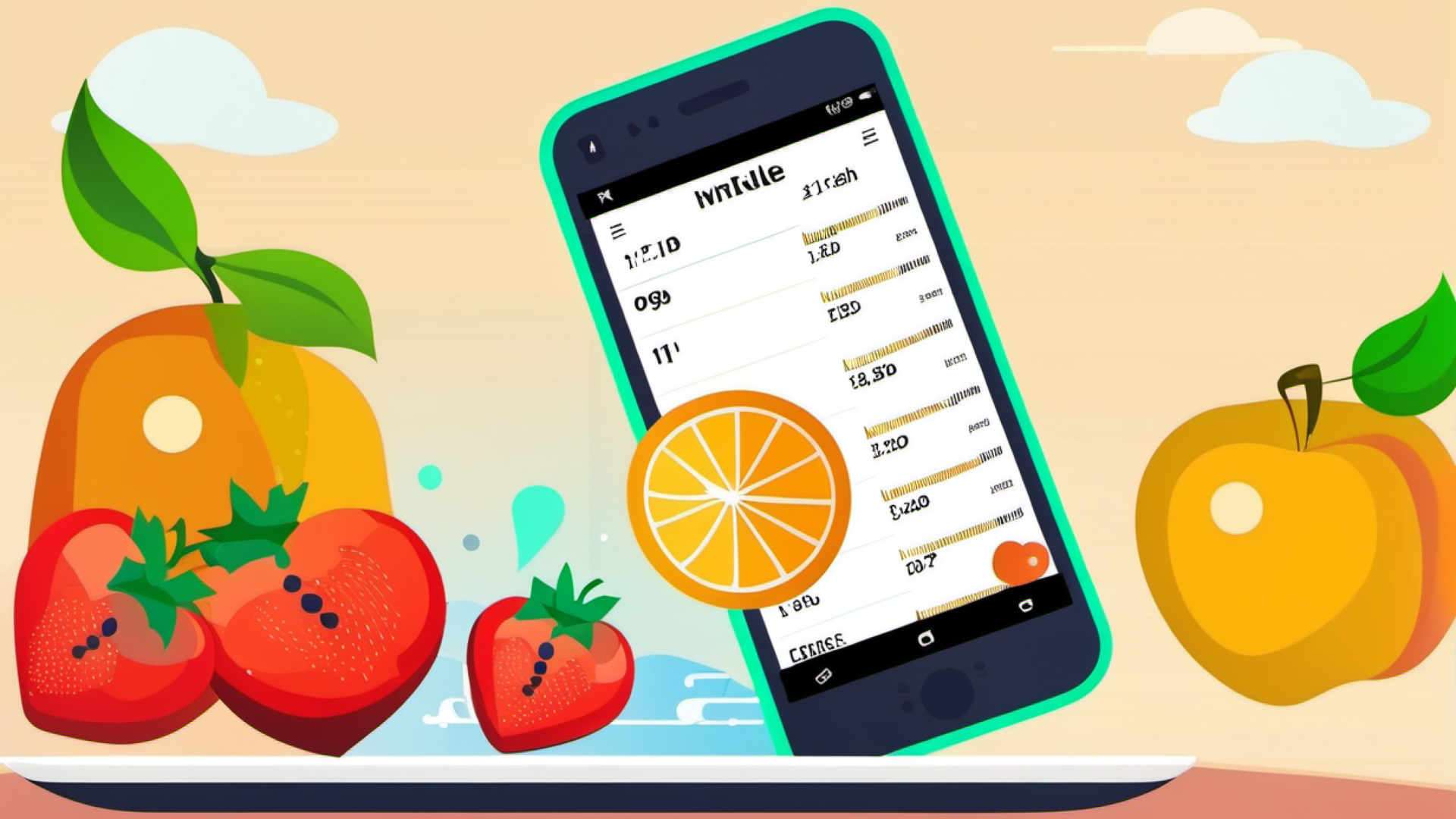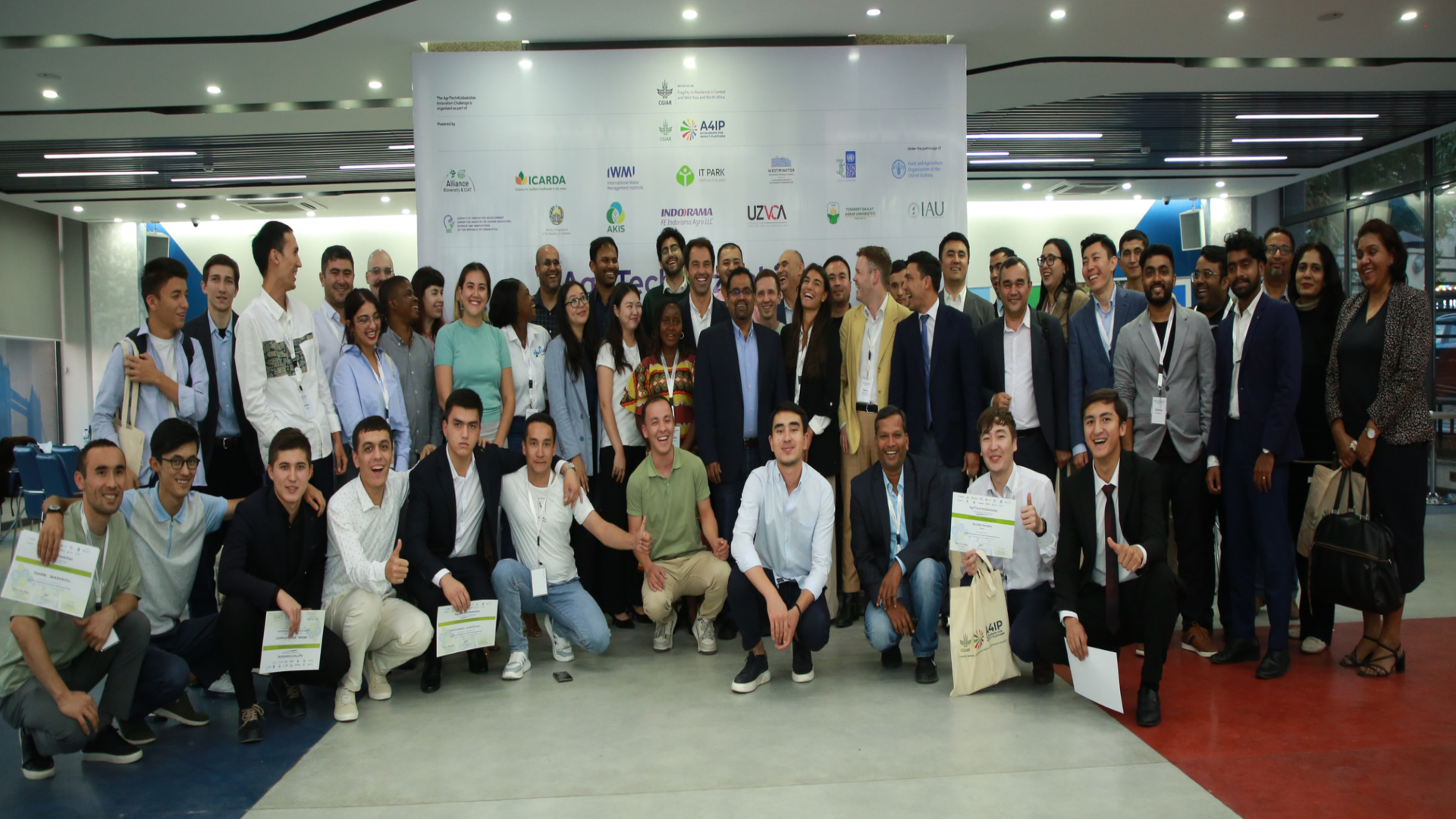Now you can lose weight fast with this new method and that too without skipping your delicious meals.
Intermittent Fasting is changing the way and helping everyone to lose weight stay healthy and live longer.
Intermittent fasting is a method of fasting in which you create a pattern of eating habits. In simple terms, it balanced fasting. The primary goal is to extend the time interval between meals and help your body to access your stored energy mainly in the form of fat and that can tremendously help you to lose weight and stay healthy.

Common methods of Intermittent Fasting
Everyone is unique and have various types of meal pattern and also type of food they intake during the meal is different. There are several methods such
-
16/8 Method
In this approach, you fast for 16 hours and restrict your eating to an 8-hour window each day. For example, you might eat between 12:00 PM and 8:00 PM and fast from 8:00 PM to 12:00 PM the next day.
-
5:2 Diet
With this method, you eat normally for five days of the week and drastically reduce your calorie intake (usually around 500-600 calories) on the other two non-consecutive days.
-
Eat-Stop-Eat
This method involves fasting for a full 24 hours once or twice a week. For example, you might fast from dinner one day until dinner the next day.
-
Alternate-Day Fasting
You alternate between fasting days (very low-calorie or no-calorie intake) and regular eating days.
-
Warrior Diet
This diet involves eating small amounts of raw fruits and vegetables during the day and having one large meal in the evening, typically within a 4-hour window.
-
OMAD (One Meal a Day)
As the name suggests, you eat only one substantial meal per day, often within a specific one-hour window.
Benefits of Intermittent Fasting
There are numurious benefits of this type of fasting. Lets explore few of them.
-
Weight Loss
Discuss the effectiveness of intermittent fasting as a weight loss strategy, including various fasting protocols and their results.
-
Mental Health
Explore the potential effects of intermittent fasting on mental well-being, including mood, cognition, and the relationship between fasting and conditions like depression and anxiety.
-
Longevity
nvestigate the link between intermittent fasting and the potential for extending lifespan and delaying age-related diseases.
-
Athletes
Discuss how intermittent fasting can be adapted for athletes, its impact on sports performance, and considerations for training and recovery.
-
Women's Health
Examine the unique considerations and benefits or risks associated with intermittent fasting for women, including effects on menstrual cycles, fertility, and menopause.
-
Diabetes
Analyze the role of intermittent fasting in managing and preventing type 2 diabetes, as well as its effects on blood sugar control.
-
Gut Microbiome
Explore the influence of intermittent fasting on the gut microbiota and its potential implications for overall health.
-
Aging
Examine the potential anti-aging effects of intermittent fasting and its role in promoting cellular repair and regeneration.
-
Brain Health
Explore the relationship between intermittent fasting and cognitive function, neuroprotection, and its potential in preventing neurodegenerative diseases.
Mobile Apps for Intermittent Fasting
Mobile app development company india expert and dominating app development technology can help. Technology can help you to achieve your goal and help you to stay healthy
There are several mobile apps available in English for tracking and managing intermittent fasting. These apps can be valuable tools for individuals looking to implement and monitor their fasting routines. Here are some popular types of mobile apps for intermittent fasting:
There are various types of mobile app that can be very helpful for Intermittent Fasting. Few of them are given below:
-
Fasting Timer Apps
These apps help you set fasting schedules and track your fasting and eating windows. They often include customizable fasting goals and reminders. Examples include Zero, FastHabit, and Life Fasting Tracker.
-
Meal Planning Apps
While not specific to fasting, meal planning apps can help you organize your meals during eating windows and ensure you're getting the right nutrients. Examples include MyFitnessPal and Lose It!
-
Calorie and Macro Tracking Apps
These apps help you monitor your calorie intake and macronutrient ratios during eating periods. Apps like MyPlate and Cronometer can be useful for this purpose.
-
Hydration Reminder Apps
Staying hydrated is essential during fasting periods. Apps like Hydro Coach and WaterMinder can help you track your water intake and send reminders to drink water.
-
Recipe Apps
Find and save recipes that fit your intermittent fasting plan. Apps like Tasty and Yummly offer a variety of recipes suitable for different fasting protocols.
-
Health and Fitness Tracking Apps
These apps allow you to monitor your physical activity, sleep, and other health parameters that can complement your intermittent fasting routine. Examples include Fitbit, Apple Health, and Google Fit.
-
Community and Support Apps
Connect with others who are practicing intermittent fasting for support and motivation. Apps like Reddit or social media platforms can provide communities for sharing experiences and tips.
-
Meal Delivery Apps
If you prefer pre-prepared meals during eating windows, consider using meal delivery apps like Uber Eats, DoorDash, or Grubhub to order suitable meals.
-
Educational Apps
Stay informed and educated about intermittent fasting with apps that provide articles, podcasts, or videos on the topic. You can use apps like TED, YouTube, or Pocket for this purpose.
-
Journaling Apps
Keep a journal of your fasting progress, feelings, and any physical or emotional changes you experience. You can use general note-taking apps like Evernote or specific journaling apps like Day One.
-
Fasting Tracking Apps
Mobile apps like Zero, FastHabit, and Life Fasting Tracker allow users to set fasting schedules, track fasting hours, and receive reminders for the start and end of fasting windows. These apps make it easy to monitor and adhere to fasting protocols.
-
Fasting Tracking Apps
Mobile apps like Zero, FastHabit, and Life Fasting Tracker allow users to set fasting schedules, track fasting hours, and receive reminders for the start and end of fasting windows. These apps make it easy to monitor and adhere to fasting protocols.
-
Biometric Monitoring
Advanced health monitoring devices can track vital signs, blood glucose levels, and ketone levels. These metrics provide insights into the impact of intermittent fasting on one's health and can guide adjustments to the fasting regimen.
-
Customized Fasting Protocols App
Some apps and services offer personalized fasting schedules and recommendations based on an individual's goals, lifestyle, and health profile.
-
Intermittent Fasting Wearables
There are wearables and health devices designed specifically for intermittent fasting, such as the Lumen device, which measures metabolism and helps users optimize their fasting schedule.
-
Biometric Authentication
Some apps and devices use biometric authentication, like fingerprint or facial recognition, to ensure users adhere to their fasting or eating windows.
-
Telehealth and Telemedicine
Remote health services and telehealth platforms allow individuals to consult with healthcare professionals for personalized guidance on intermittent fasting and its potential effects on health.
It's essential to choose an app that aligns with your fasting goals and preferences. Some apps offer free versions with basic features, while others provide more advanced features with a paid subscription. Make sure to read user reviews, check the app's compatibility with your device, and assess whether it meets your specific needs before downloading and using it.
Technology empowers individuals to better understand, track, and optimize their intermittent fasting routines, making it more convenient and accessible. However, it's important to use technology in a balanced and informed manner, as it should complement a healthy lifestyle rather than replace sound dietary and lifestyle choices.
Cost of Mobile App Development for Intermittent Fasting in India

App Developers in India and help cost of mobile app development for intermittent fasting in India can be more cost-effective compared to many Western countries due to lower labor costs. However, the exact cost will still depend on the complexity of the app, the features you want to include, the platform (iOS, Android, or both), and other factors. Here's a rough estimate of the cost breakdown for app development in India:
-
App Design
Design costs in India can range from $2,000 to $10,000, depending on the complexity and the number of screens.
-
App Development
The cost of development for a basic intermittent fasting app may vary from $10,000 to $30,000. More complex apps with advanced features can cost between $30,000 and $80,000 or more.
-
Platform
Developing for both iOS and Android will typically cost more than focusing on a single platform. Cross-platform development tools can help reduce costs.
-
Backend Development
Costs for creating the backend infrastructure can range from $10,000 to $30,000 or more, depending on the features you require.
-
Third-Party Integrations
If you need to integrate with third-party services or APIs, budget for licensing and development costs, which can vary.
-
Testing and Quality Assurance
Testing may account for approximately 20% to 30% of the overall project cost.
-
Project Management
Project management costs are usually around 10% to 15% of the total project cost.
-
Maintenance and Updates
Ongoing maintenance and updates can range from 15% to 20% of the initial development cost annually.
-
Legal and Compliance
Budget for legal services to ensure that your app complies with data protection regulations and has necessary legal documents. Costs will vary based on your specific requirements.
-
Marketing and Promotion
Marketing costs can vary widely based on your strategy and budget.
App Developers India can help when seeking an accurate estimate for your project, it's advisable to contact mobile app development agencies or freelancers in India. Share a detailed project brief, including your specific requirements and features you'd like to include. They can provide you with a more precise cost estimate based on your project's needs. Additionally, keep in mind that India has a thriving tech ecosystem, and there are many experienced app development teams and professionals to choose from.
get free wireframes of all mobile screens
with no obligation.
Experts in Intermittent Fasting

There are several experts in the field of intermittent fasting who have conducted extensive research, written books, and published articles on the subject. These experts can provide valuable insights and guidance for individuals interested in intermittent fasting. Here are a few notable experts in intermittent fasting:
-
Dr. Jason Fung
Dr. Jason Fung is a Canadian nephrologist and author known for his work in fasting and low-carb diets. He has written books like "The Obesity Code" and "The Complete Guide to Fasting," which provide a comprehensive understanding of fasting and its potential benefits.
-
Dr. Valter Longo
Dr. Valter Longo is an Italian-American biogerontologist and professor of biological sciences. He is known for his research on fasting, particularly the concept of the fasting-mimicking diet (FMD). His book "The Longevity Diet" explores the relationship between fasting and longevity.
-
Dr. Satchin Panda
Dr. Satchin Panda is a professor at the Salk Institute for Biological Studies and a leading expert in the field of circadian rhythms and time-restricted eating. His research delves into how the timing of meals can impact health and metabolism.
-
Dr. Michael Mosley
Dr. Michael Mosley, a British medical doctor and journalist, popularized the concept of the 5:2 diet through his documentary "Eat, Fast, Live Longer." He has written books like "The Fast Diet" and "The 8-Week Blood Sugar Diet."
-
Dr. Rhonda Patrick
Dr. Rhonda Patrick, a biochemist, and researcher, has explored various aspects of fasting and its impact on health in her podcast, "FoundMyFitness." Her work often combines nutrition, genetics, and lifestyle factors.
-
Dr. Peter Attia
Dr. Peter Attia is a physician who has extensively researched and experimented with various forms of fasting, including extended fasts. He shares his insights and knowledge on his blog and podcast, "The Drive."
-
Gin Stephens
Gin Stephens is the author of "Delay, Don't Deny" and "Fast. Feast. Repeat." She is known for her advocacy of the 16/8 intermittent fasting method and has a significant following in the intermittent fasting community.
-
Dr. Alan Goldhamer
Dr. Alan Goldhamer: Dr. Alan Goldhamer is a doctor of chiropractic and the founder of the TrueNorth Health Center. He specializes in medically supervised water fasting as a treatment for various health conditions.
These experts have contributed to the understanding of intermittent fasting through their research, publications, and public engagement. Keep in mind that it's important to consult with healthcare professionals before starting any fasting regimen, as individual needs and health considerations can vary widely.
Frequently asked questions (FAQs) about intermittent fasting
FAQs typically revolve around the basics, health concerns, methods, and practical aspects of intermittent fasting. Here are some common questions and their answers:
What is intermittent fasting?
Intermittent fasting is an eating pattern that alternates between fasting (not eating or significantly reducing calorie intake) and eating periods
What are the different methods of intermittent fasting?
Common methods include the 16/8 method, 5:2 diet, Eat-Stop-Eat, alternate-day fasting, the Warrior Diet, and OMAD (One Meal a Day).
Is intermittent fasting safe?
For most healthy individuals, intermittent fasting is generally safe. However, it may not be suitable for everyone, especially those with certain medical conditions. It's important to consult with a healthcare professional before starting.
Can I drink water or other beverages during the fasting period?
Yes, it's generally recommended to stay hydrated with water, herbal tea, or black coffee during fasting periods.
Will intermittent fasting help me lose weight?
Intermittent fasting can help with weight loss by creating a calorie deficit, but individual results may vary based on factors like diet, activity level, and consistency.
What are the potential health benefits of intermittent fasting?
Intermittent fasting may offer benefits such as improved weight management, better insulin sensitivity, reduced inflammation, and potential longevity benefits.
Can I exercise during fasting periods?
Yes, exercising during fasting periods is possible, and some people prefer it. However, the type and intensity of exercise should be adjusted to match your energy levels.
What can I eat during eating periods?
The focus should be on whole, nutritious foods, such as lean proteins, vegetables, fruits, whole grains, and healthy fats. Avoid excessive consumption of processed or sugary foods.
How long should I fast for optimal results?
The optimal fasting duration varies from person to person. It depends on individual goals, preferences, and how the fasting period fits into daily life.
Can intermittent fasting help with specific health conditions, like diabetes or heart disease?
Research suggests that intermittent fasting may have positive effects on some health conditions, but it's important to consult with a healthcare provider for personalized advice.
Are there any side effects of intermittent fasting?
Some people may experience side effects like irritability, hunger, or difficulty sleeping during fasting periods. These effects often subside as the body adjusts.
Do I need to count calories during eating periods?
While calorie counting is not necessary, it's essential to maintain a balanced diet during eating periods and avoid overeating to see the best results.
Can I practice intermittent fasting while pregnant or breastfeeding?
Intermittent fasting is generally not recommended during pregnancy or breastfeeding, as it's important to provide adequate nutrition for the baby's growth and development.
Can I use intermittent fasting for muscle building and fitness goals?
Yes, some individuals use intermittent fasting as part of their fitness routine, but it requires careful planning to ensure adequate protein intake and energy for workouts.
These FAQs offer a starting point for understanding intermittent fasting, but it's essential to research further and consult with a healthcare professional for personalized guidance and to address any specific concerns or considerations.
About Author

Brijesh mobile app development company in India and is an accomplished mobile app developer and software expert with over 15 years of experience in the industry. His impressive portfolio includes contributions to large-scale projects, including government initiatives, where his technical prowess and innovative solutions have consistently met and exceeded expectations. Brijesh's commitment to excellence and his ability to craft cutting-edge software and mobile applications make him a valuable asset in the world of technology.
Your choice of weapon
Build your Apps for any Platform
We to code. It's our passion










you can also reach us at our given
email address or phone number.




